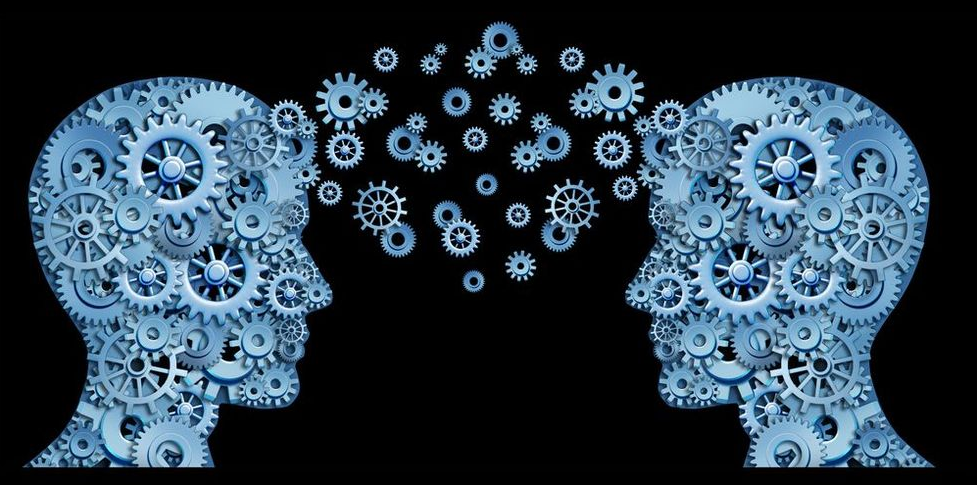The Unintended Consequences of IP Laws
by Logan Albright
Recently, the House introduced a bill to allow consumers to “unlock” their cellular phones and other wireless devices, a practice which allows customization and the ability to switch carriers without purchasing new hardware. Unlocking was previously permitted under the law until January of this year, and lawmakers are now trying to reinstate the rights of consumers to do what they want with their own property.
Due to the integration of information technology into many everyday devices, manufacturers have been trying to assert their intellectual property rights to prevent users from repairing, improving or otherwise modifying products that they have already bought and paid for. It is fair to ask what meaning property rights really have if we are restricted in how we can make use of our own belongings. Under this precedent, can we really be said to own anything?
Nor is this a new problem. We tend not to think about copyright law in this way, but the effect of intellectual property has always been to restrict the use of physical property. Although we can own paper and we can own ink, we are not permitted to combine them in such a way as to reproduce the text of, say, the Harry Potter books.
This leads to the question of whether others have the right to control what we do with our own property, simply by virtue of the fact that they have had an idea. Should thoughts be given precedence over ordinary property rights? It is often said that possession is nine tenths of the law, but now it appears that the ideas of others take precedence.
Intellectual property(IP) laws are meant to promote innovation and creativity, and to protect individual creators from those that would profit off their efforts, but we must be alert to the potential for abuse. We have seen a number of alarming cases in recent years that demonstrate the dangers of excessive IP protection. For example, Amazon.com has attempted to patent the process of clicking one button to place an order and Apple successfully sued Samsung for copying “their” idea to make phones with a rectangular shape.
These cases illustrate the potential for IP laws to do great damage to the competitive marketplace. Instead of protecting innovation, they instead allow companies to use the courts as a way to suppress fair competition.
When companies are able to prevent consumers from making reasonable modifications to their own property, IP laws function as government sponsored monopolies, and as with all monopolies, the outcome is restricted competition and higher prices for consumers, not to mention the implications regarding the physical property rights of individuals. As things stand, farmers are prevented from fixing their tractors, independent mechanics cannot repair certain cars and cell phone users who try to switch carriers without buying new hardware can face criminal prosecution.

